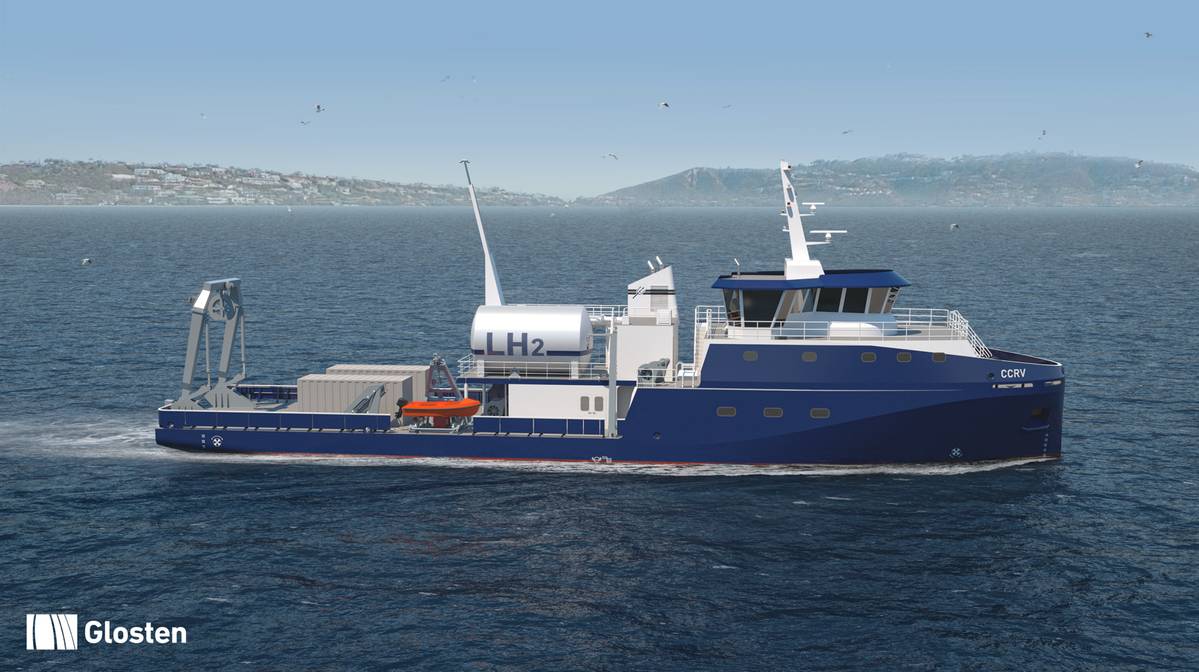Sustainable Seas: UC San Diego's Cutting-Edge Hydrogen-Powered Research Vessel
Key Ideas
- UC San Diego's Scripps Institution of Oceanography is seeking a shipyard to construct a groundbreaking hydrogen-powered research vessel, designed to operate on renewable fuels and produce zero emissions during 75% of its missions.
- The Coastal Class Research Vessel (CCRV) will support California-based research on marine ecosystems, ocean acidification, and more, aligning with the state's climate action goals and commitment to reducing air pollution.
- Funded by various entities including the State of California and the U.S. Office of Naval Research, the CCRV project aims to advance ocean science by providing scientists and students with a cutting-edge platform for environmental research.
- The vessel's design approval by the American Bureau of Shipping and U.S. Coast Guard confirms its adherence to safety and technical standards for zero-emission hydrogen propulsion, marking a significant milestone in sustainable marine technology.
UC San Diego's Scripps Institution of Oceanography has initiated a groundbreaking project to construct a new 163-ft. Coastal Class Research Vessel (CCRV) that will be the first oceanographic research ship primarily operating on renewable fuels. The vessel will feature a dual-powered hydrogen fuel cell and diesel-electric propulsion system, enabling it to conduct 75% of its missions using liquid hydrogen and produce zero emissions while ensuring contamination-free sampling and optimized performance of its underwater acoustic sensors.
The CCRV's design, approved by the American Bureau of Shipping and the U.S. Coast Guard, meets safety and technical standards for zero-emission hydrogen propulsion. This aligns with California's climate action goals, supporting efforts to reduce air pollution and promote a carbon-neutral economy. The research vessel will focus on studying marine ecosystems, ocean acidification, sea-level rise, El Niño events, harmful algal blooms, and other environmental changes, replacing the aging R/V Robert Gordon Sproul.
Funding for the CCRV project comes from the State of California, the U.S. Office of Naval Research, and the Department of Energy as part of California's clean hydrogen initiative. Various feasibility studies supported by entities like Sandia National Laboratories and Glosten have contributed to the vessel's development. The project aims to provide a cutting-edge platform for marine research, supporting scientists and students in advancing ocean science and environmental stewardship.
Topics
Fuel Cells
Technology
Education
Funding
Renewable Fuels
Environmental Sustainability
California
Research Vessel
Marine Science
Latest News
